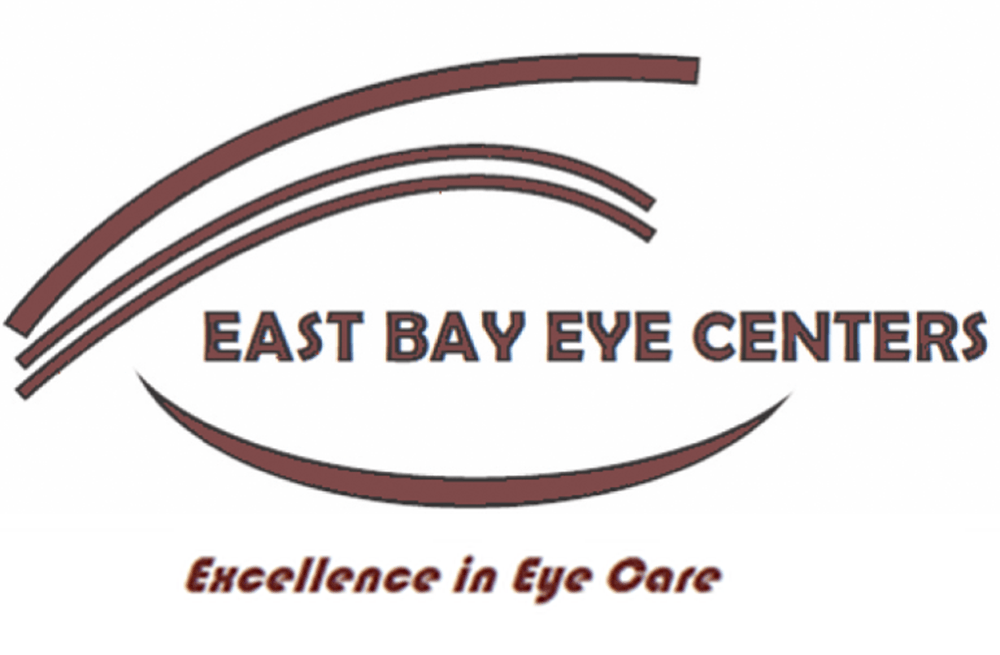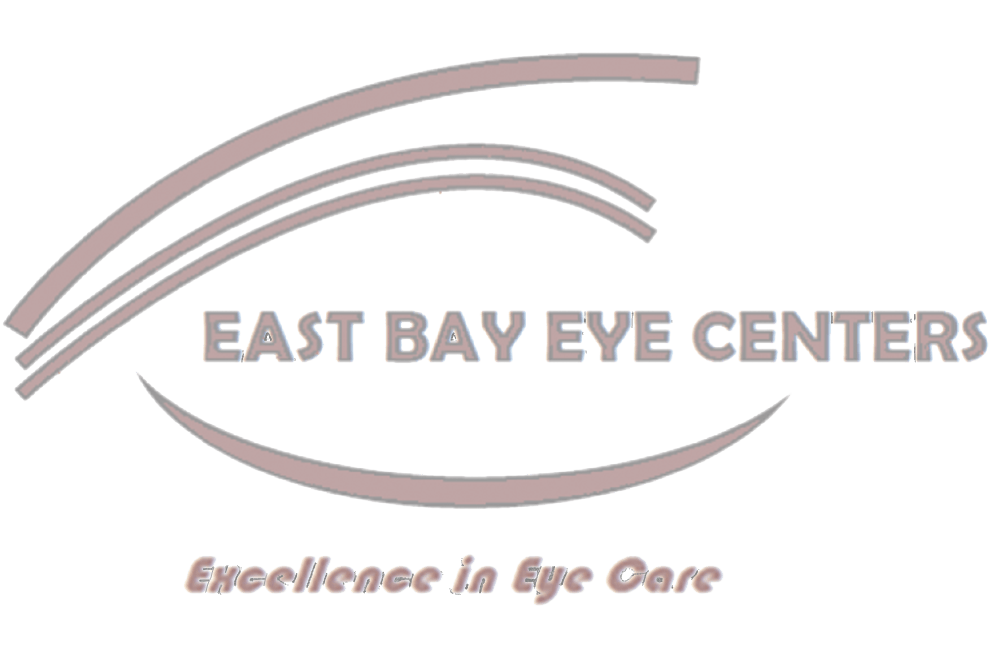Trabeculectomy
When is trabeculectomy surgery indicated?
Trabeculectomy is generally recommended for patients with glaucoma that continues to progress despite use of medications and/or laser treatments. In some cases, trabeculectomy surgery may be recommended prior to trying medical or laser treatment. These decisions vary depending on the type of glaucoma, the stage of glaucoma, as well as other factors. Sometimes this surgery can be combined with cataract surgery.
What is done during trabeculectomy surgery?
A new drainage site is created to facilitate drainage of fluid FROM the eye. Instead of draining INTO the normal drainage site of the eye (the trabecular meshwork), the fluid is drained INTO a new space (a "bleb") that is completely covered by the white outer covering (the conjunctiva) of the eye. This will lower the eye pressure. Since the surgery is usually performed near the top of the eye, the area of surgery usually can not be seen afterwards because it is under the upper eyelid.
Why do some trabeculectomy surgeries require use of antimetabolites or medications that prevent scarring?
The main reason trabeculectomy surgery fails is that the drainage site can scar and therefore close up. Anitmetabolites, or medications that prevent scarring, can be used to increase the success rate of trabeculectomy surgery in some patients. Since antimetabolites can increase the complication rate of surgery, it is generally reserved for patients that may be at increased risk for trabeculectomy failure. For example, patients who have failed previous trabeculectomy surgery, patients who are younger, patients who have had previous eye surgery in general, patients with uveitis, etc. The decision to use antimetabolites is determined by the surgeon. Not all patients who have trabeculectomy surgery need antimetabolites.
What are the antimetabolites that are used in trabeculectomy surgery?
5 Fluorouracil (5 FU) and Mitomycin C (MMC) are most commonly used. 5 FU can be given during the surgery and/or as injections around the eyeball after surgery. MMC is primarily used during surgery.
What should I expect if I have trabeculectomy surgery?
The procedure is done under monitored anesthesia in the operating room. After some eye drops are put in the eye and after the eye is numbed, your eye will be "prepped" or cleaned. A sterile drape will be put over your face and body and leave only your eye uncovered. This keeps the area of the operation clean and sterile. Your eye will be held open by a "lid speculum," so you do not have to worry about blinking during the surgery. Some surgeons may also give you sedating medications through an IV (intravenous) line to keep you completely comfortable. After the surgery is over, a patch and shield will be placed over your eye. This will be removed the day after surgery on your first post-operative visit. You should expect to be seen quite frequently by your surgeon until the eye completely heals. For many people, this may be up to 2-3 months. During this time, you will be taking frequent and multiple eye drops. You may need either removal of sutures, a laser procedure to cut some sutures, injections of supplemental medications, or other office procedures to modulate and control the healing process. This will maximize the outcome of the surgery. The postoperative care will vary from patient to patient, and your doctor may not be able to predict what will need to be done after the surgery. This varies widely from person to person. You will also be restricted from strenuous activities during the healing process.
Will my glaucoma be cured with trabeculectomy surgery?
No. Any vision that is already lost prior to the surgery, in general, will not return. Trabeculectomy surgery only lowers your eye pressure. By lowering the eye pressure, the goal is to either stop or slow down your loss of vision. Sometimes this goal is not possible.
Can I stop my eye drops after the surgery?
You will definitely need eye drops for 2 or 3 months after the surgery. Some people do not have to take eye drops after that period. It is more likely that you will eventually need some glaucoma eye drops to keep your pressure under control. In some cases, people will be taking fewer eye drops than they were before the surgery. The need for eye drops long-term varies greatly and is determined by your type of glaucoma and the rate it is progressing.
What are some risks for trabeculectomy surgery?
All eye surgery has some risks. Any operation is only performed when the benefits outweigh the risks. Risks include, but are not limited to, bleeding, infection, swelling, scarring, retinal detachment, a droopy eyelid, double vision, loss of vision or even loss of the eye. In general, many of these risks are not common, however, you may want to discuss the benefits and risks with your surgeon should you have any further questions. All surgery also has the possible need for another operation.
Source: http://www.djo.harvard.edu/site.php?url=/patients/pi/420

